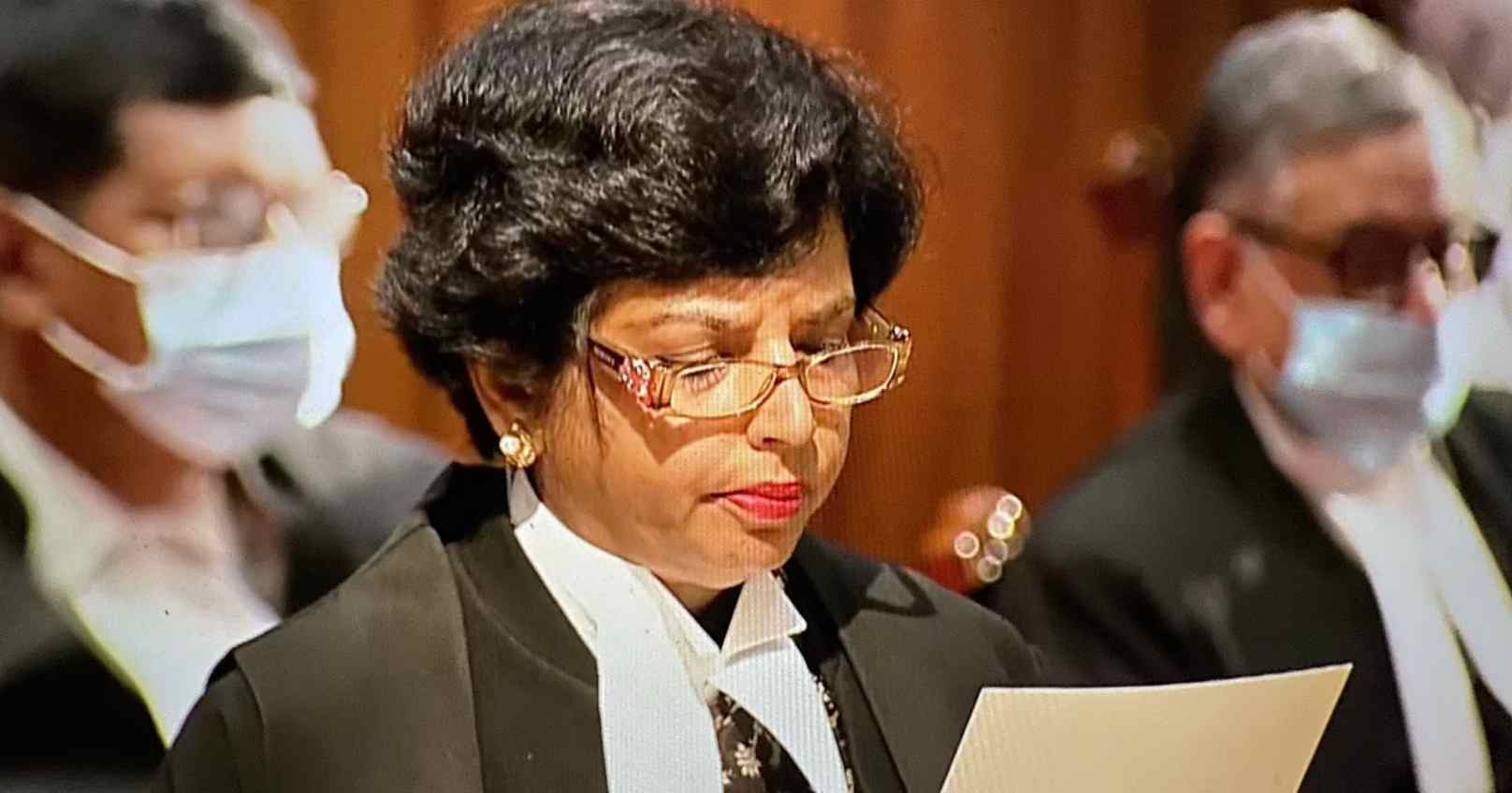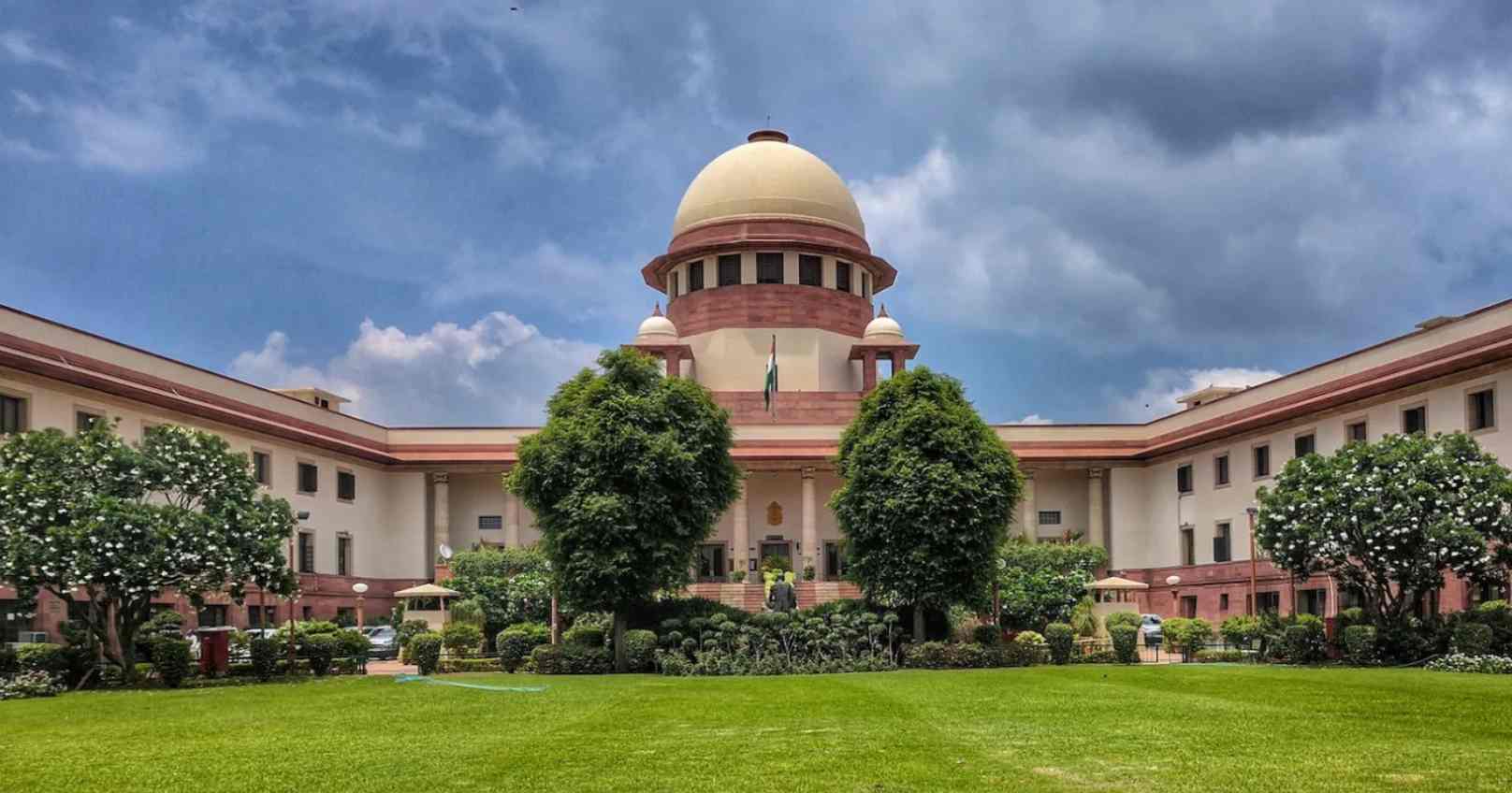Justice Hima Kohli, who has served as a Supreme Court judge for three years, is set to retire on September 1. Elevated to the Supreme Court on August 21, 2021, Justice Kohli previously made history as the first woman Chief Justice of the Telangana High Court, following her elevation from the Delhi High Court.
Chief Justice of India (CJI) DY Chandrachud paid tribute to Justice Kohli during her farewell on Friday, praising her dedication to women's rights. "It has been a pleasure to sit with Justice Kohli. We have exchanged very serious ideas and thoughts. There have been times when she supported me. Hima, you are not just a woman judge but also a fierce protector of the rights of women," CJI Chandrachud said, as reported by PTI.
With her retirement, the Supreme Court will be left with only two women judges—Justices BV Nagarathna and Bela M Trivedi—out of a sanctioned strength of 34 judges, including the CJI.
Educational Background:
Justice Kohli grew up in Delhi, attending St. Thomas School before pursuing a degree in History (Hons) at St. Stephen's College, University of Delhi. She further obtained a Master’s degree in History, followed by a law degree from Delhi University in 1984.
Career Journey:
Justice Kohli began her legal career in 1984, enrolling as an advocate with the Bar Council of Delhi. She practiced in various courts across the national capital and worked in the chambers of Sunanda Bhandare, YK Sabharwal, and Vijendra Jain, all of whom were later elevated to the High Court bench. In 2006, she was appointed as an additional judge of the Delhi High Court and became a permanent judge in 2007.
Supreme Court Tenure:
During her time at the Supreme Court, Justice Kohli authored 37 of the 81 judgments she was involved in. Notably, she was part of the five-judge Constitution Bench that ruled LGBTQI persons in India do not have a fundamental right to marry, emphasizing that the Court could not compel the state to create legal recognition around marriage.
Justice Kohli also made headlines with a significant decision in which she ruled against a married woman's abortion request, relying on medical advice that the fetus had a healthy chance of survival. The split verdict was referred to a larger bench, which ultimately supported Justice Kohli's stance, disallowing the abortion.
She also contributed to a landmark decision in which a five-judge Constitution Bench upheld the Delhi government's authority over civil servants and day-to-day administration in the National Capital Territory of Delhi.
Justice Kohli took a strong stance on women’s rights in the workplace. She issued directions for the implementation of the PoSH Act (Prevention, Prohibition and Redressal) 2013, emphasizing that proper enforcement and a proactive approach were essential for ensuring dignity and respect for women at work.
During her time at the Delhi High Court, Justice Kohli ruled in favor of a woman seeking maternity leave, holding that denying an extension of tenure based on pregnancy violated her rights to equality and employment under the Constitution of India.
In another significant ruling, Justice Kohli addressed dowry death cases, stating that such deaths could be presumed if a woman was subjected to harassment, both mentally and physically, shortly before her death in her marital home. She emphasized the importance of a direct link between cruelty due to dowry demands and the resulting death, highlighting the consequences of prolonged harassment.
Justice Kohli's retirement marks the end of an illustrious judicial career, with her legacy characterized by a firm commitment to protecting women’s rights and upholding justice.







